
What is the PSE Certification Mark?
PSE (Product Safety of Electrical Appliance & Materials) certification, known as "conformity inspection" in Japan, is a market access system for electrical products stipulated in Japan's Electrical Appliance and Material Safety Act.
pse certification is a mandatory safety certification in Japan, used to prove that electrical and electronic products have passed safety standard tests according to Japan's Electrical Appliance and Material Safety Act (DENAN Law) or international IEC standards.
PSE Certification: "A-Class" and "B-Class"
The Electrical Appliance and Material Safety Act (DENAN), established by the Ministry of Economy, Trade and Industry (METI) of Japan, regulates the safety of electrical and electronic products. It classifies electrical appliances into "A-Class" (specified electrical products) and "B-Class" (non-specified electrical products). "A-Class" includes 116 types of products, while "B-Class" includes 341 types of products.
- Diamond PSE Mark: Applicable to "A-Class" specified electrical products. These products must be certified by a third-party certification body authorized by METI. Once certified, manufacturers or importers can affix the diamond PSE mark to their products.
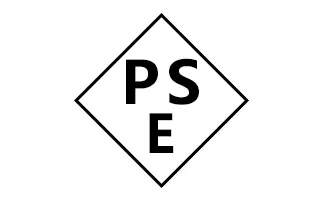
- Circle PSE Mark: Applicable to "B-Class" non-specified electrical products. Manufacturers and importers can self-declare conformity by testing the technical requirements of DENAN during the manufacturing stage and keeping a copy of the test report.
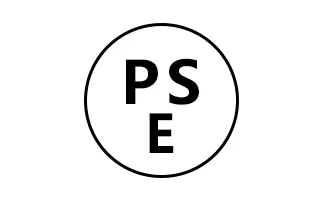
Certification Requirements for A-Class and B-Class Products
- A-Class Products: Require certification by an authorized third-party body, have a certification cycle of 6-8 weeks without CB or 4-6 weeks with CB, need sample testing, and may involve factory inspections. Certification validity ranges from 3-7 years depending on product updates.
- B-Class Products: Can be self-declared, with a certification cycle of about 1 week, require sample testing, and do not involve factory inspections. Certification remains valid as long as standards are not updated.
PSE Certification Coverage
The Electrical Appliance and Material Safety Act covers 457 types of products. Among these, 116 types are categorized as "A-Class" due to higher risk factors like electric shock and fire hazards, including chargers and adapters. The remaining 341 types are classified as "B-Class," covering most household appliances, lighting products, and lithium batteries.
A-Class Product Examples (116 types)
1. Electric wires
2. Fuses
3. Wiring devices
4. Current limiters
5. Transformers
6. Electric heating appliances (e.g., electric water heaters, steam bath equipment)
7. Electric power machinery (e.g., electric pumps, electric toys, refrigerated display cabinets, ice cream machines, electric massagers)
8. Electronic devices (e.g., high-frequency hair removers)
9. AC electrical machinery (e.g., DC power supplies, electric insect killers, magnetic therapy devices)
10. Portable generators
B-Class Product Examples (341 types)
1. Electric wires (except A-Class)
2. Fuses (except A-Class)
3. Wiring devices (except A-Class)
4. Transformers (except A-Class)
5. Small AC motors
6. Electric heating appliances (e.g., electric kettles, electric blankets, rice cookers)
7. Electric power machinery (e.g., refrigerators, juicers, electric fans, washing machines, air conditioners, electric drills)
8. Electronic devices (e.g., radios, televisions)
9. AC electrical machinery (e.g., alarms, dimmers)
10. Light source application devices (e.g., LED lamps, desk lamps, fluorescent lamps, incandescent lamps)
11. Lithium batteries
All electrical products, whether A-Class or B-Class, must ensure compliance with mandatory technical requirements and affix the corresponding PSE mark. Under Japan's DENTORL Law, Japanese purchasers must register and declare purchased goods with METI within one month.
Email:hello@jjrlab.com
Write your message here and send it to us
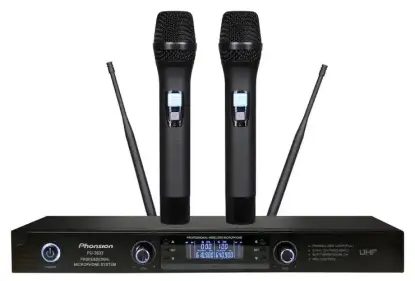 Wireless Microphone Export Certification
Wireless Microphone Export Certification
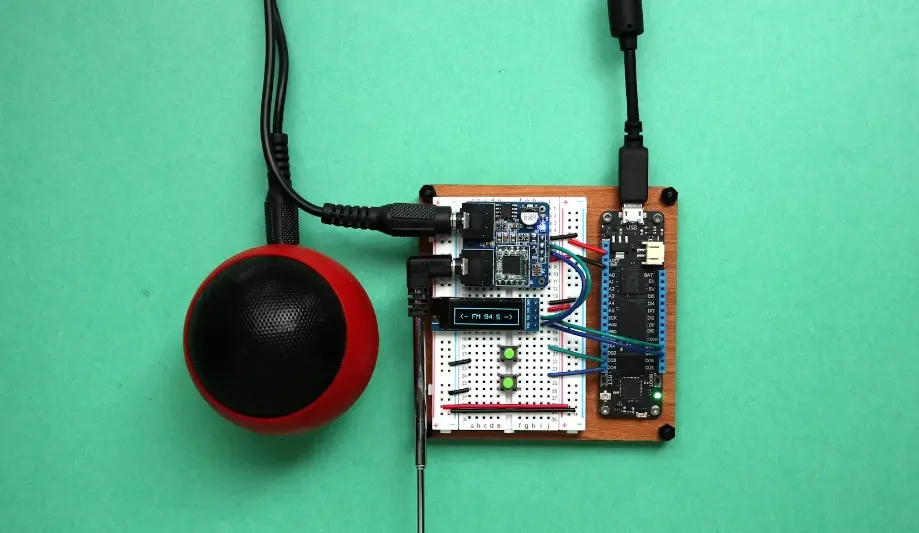 Audio-Visual Products SNI Certification in Indones
Audio-Visual Products SNI Certification in Indones
 FCC-ID: Still Needed if Module is Certified?
FCC-ID: Still Needed if Module is Certified?
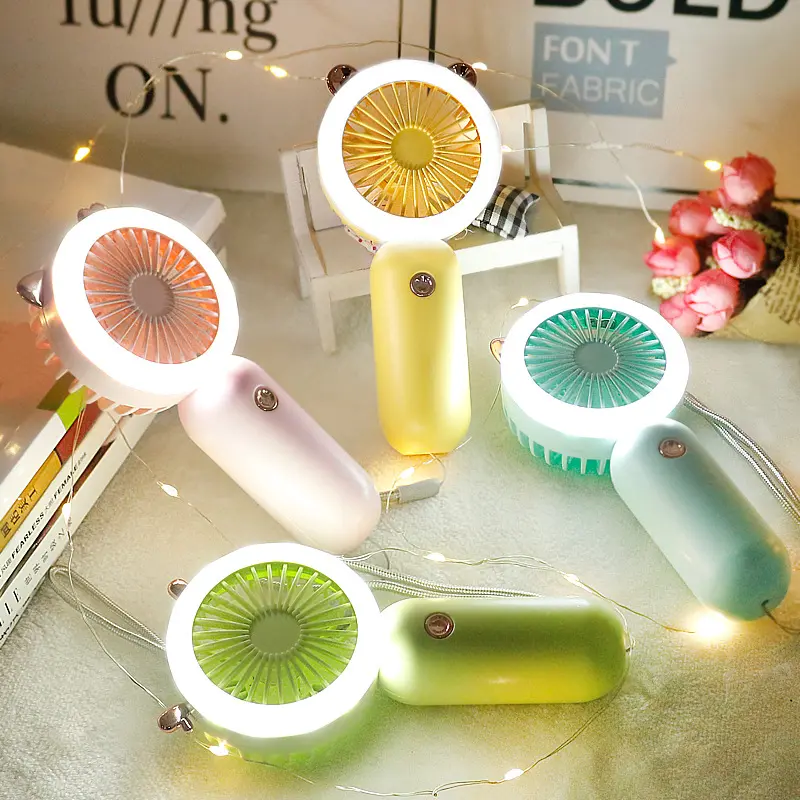 FCC Certification Fees for Handheld Fans
FCC Certification Fees for Handheld Fans
 FCC Certification Testing for Smart Lighting Produ
FCC Certification Testing for Smart Lighting Produ
 What is the ETSI EN 303 645 Testing Standard?
What is the ETSI EN 303 645 Testing Standard?
 UL Compliance and ETL Certification for LED Lighti
UL Compliance and ETL Certification for LED Lighti
 What is the IEC 60598 Standard?
What is the IEC 60598 Standard?
Leave us a message
24-hour online customer service at any time to respond, so that you worry!




